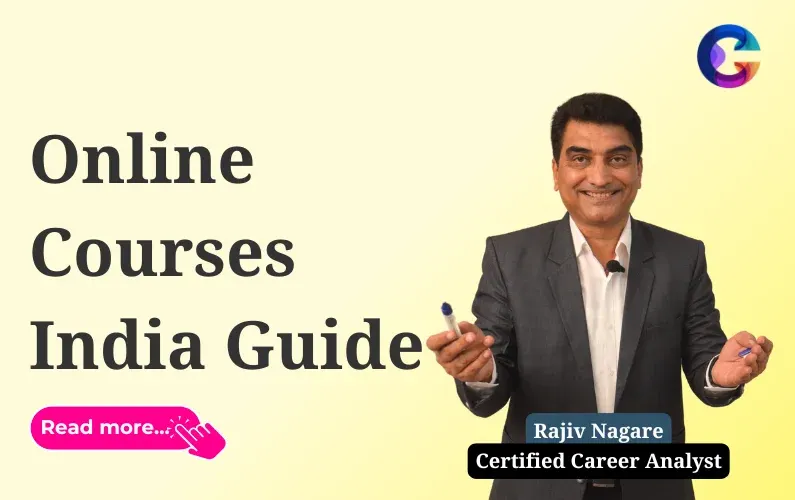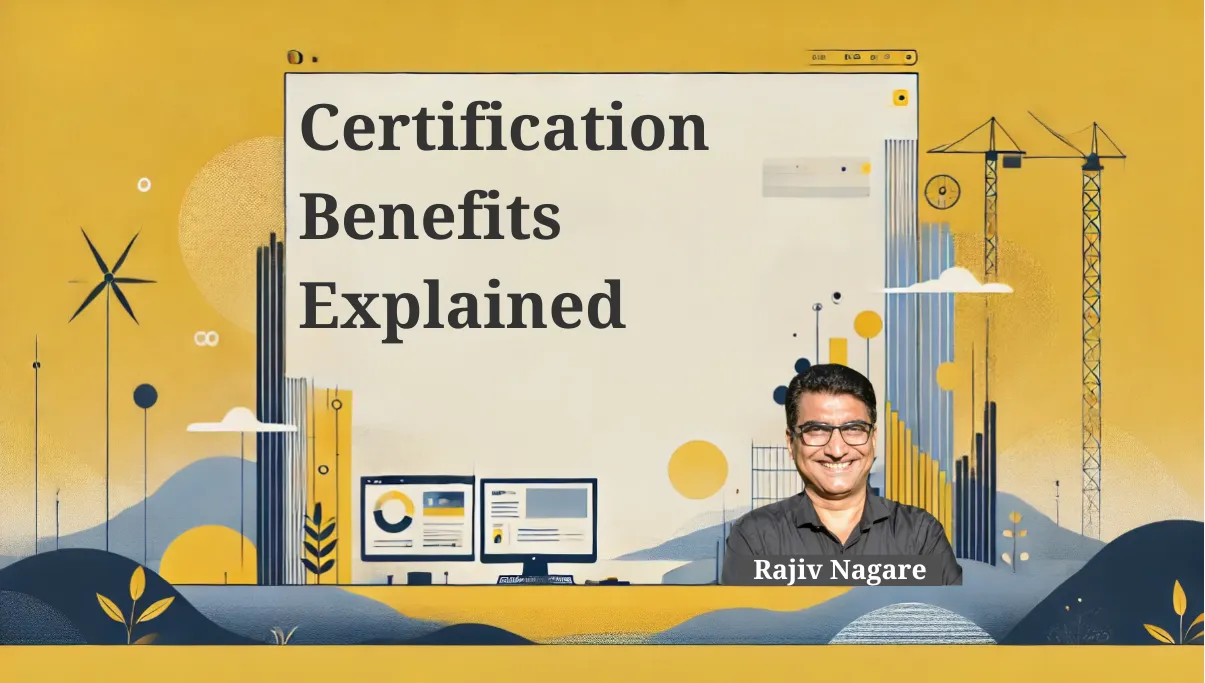Best Ways to Start Planning Your Finances as a Young Professional in India
Starting your career is an exciting time, but it’s also the perfect opportunity to get serious about your financial future. Financial planning for young professionals in India is key to building long-term stability and achieving your dreams—whether that’s buying a home, traveling the world, or retiring early. This guide will break down the best strategies to help you manage your finances, face challenges, and take advantage of opportunities.

Why Financial Planning is Crucial for Young Professionals in India
Financial planning is more than just saving money; it's about creating a roadmap to reach your financial goals. Young professionals in India face a unique economic landscape, with rapid growth and fluctuating job markets. A solid financial plan not only helps you navigate these uncertainties but also sets the foundation for future aspirations like owning property, traveling, and securing your retirement.
Challenges and Opportunities in Personal Finance Management
Managing personal finances may seem overwhelming, but it's full of opportunities. Common challenges include paying off student loans, understanding complex financial products, and developing disciplined saving habits. However, there are also many opportunities, such as taking advantage of India’s diverse investment options, leveraging government schemes, and using digital tools for better financial management.
Assessing Your Current Financial Situation
Conduct a Personal Financial SWOT Analysis
The first step in financial planning for young professionals in India is to assess your current financial situation. A SWOT analysis—identifying your Strengths, Weaknesses, Opportunities, and Threats—can help you understand your income, expenses, assets, and liabilities.
Track Your Income, Expenses, and Debt
Use financial apps or spreadsheets to track your monthly income and categorize expenses into needs and wants. Knowing where your money goes helps you identify areas where you can save. Make a list of all debts, such as student loans or credit card debt, to get a clear picture of your financial obligations.
Understand Your Financial Goals
Clearly define your short, medium, and long-term goals. Whether it’s buying a car, taking a dream vacation, or planning for retirement, understanding your goals is the first step toward achieving them.
Setting SMART Financial Goals
Define Specific, Measurable, Achievable, Relevant, and Time-Bound Goals
Setting SMART financial goals ensures that you have a clear plan. For example, "saving ₹50,000 for an emergency fund within 12 months" is a SMART goal. It’s specific, measurable, achievable, relevant, and time-bound.
Short-Term vs. Long-Term Goals
Separate your goals into short-term (e.g., saving for a new gadget) and long-term goals (e.g., buying a home). This way, you can prioritize your savings and investments accordingly.
Budgeting Basics
How to Create a Personalized Budget
A personalized budget is a powerful tool in financial planning. Start by listing your fixed expenses (like rent and utilities) and your variable expenses (like groceries and entertainment). Allocate funds for savings and investments as well.
Allocating Income for Savings, Investments, and Expenses
A common budgeting rule is the 50/30/20 rule: allocate 50% of your income to needs, 30% to wants, and 20% to savings or investments. Adjust these percentages based on your financial goals.
Tips to Stick to Your Budget
To stick to your budget, use financial apps, set payment reminders, and review your budget regularly to make necessary adjustments.
Building an Emergency Fund Quickly
Importance of Emergency Funds
An emergency fund serves as a financial cushion during unexpected events like medical emergencies or job loss. It prevents you from dipping into your savings or going into debt.
How Much to Save for an Emergency Fund
Aim to save 3-6 months' worth of living expenses. Keep your emergency fund in a liquid, easily accessible account, such as a savings account or liquid mutual fund.
Strategies to Build Your Emergency Fund Quickly
Automate your savings with a monthly transfer to your emergency fund. Cut back on non-essential expenses or consider taking up side gigs to boost your savings.
Managing Debt Wisely for Young Professionals
Understanding Different Types of Debt
Not all debt is bad. Understand the difference between good debt, like student loans, and bad debt, like high-interest credit card debt. Prioritize paying off bad debt to improve your financial health.
Debt Repayment Strategies
Use the Debt Snowball method (paying off smaller debts first) or the Debt Avalanche method (paying off high-interest debts first) to manage repayments. Consider consolidating high-interest debt into a single, lower-interest loan.
Avoiding Common Debt Traps
To avoid debt traps, live within your means, avoid unnecessary purchases, and pay off your credit card balances in full each month.
Best Investment Options for Young Professionals in India
Investment Options to Consider
Young professionals can explore various investment options, including mutual funds, Systematic Investment Plans (SIPs), Public Provident Fund (PPF), stocks, and the National Pension System (NPS). Choose investments that align with your risk tolerance and financial goals.
Assessing Risk Tolerance and Diversification
Assess your risk tolerance before investing. Diversifying your portfolio across different asset classes can help reduce risk.
Long-Term Wealth Creation
Consistent, disciplined investing is the key to long-term wealth. Start investing early to benefit from compound interest.
Understanding Taxes for Young Professionals in India
Basics of Income Tax
Know the tax slabs applicable to your income. Use online tax calculators to estimate your tax liability.
Tax-Saving Investment Options
Take advantage of tax-saving instruments like Public Provident Fund (PPF), Employee Provident Fund (EPF), and Equity Linked Savings Scheme (ELSS) to reduce your taxable income under Section 80C.
The Importance of Tax Planning
Effective tax planning can help reduce your tax liability and increase your savings. Start planning early to make the most of deductions and exemptions.
Importance of Insurance for Young Professionals
Why Insurance Matters
Insurance is an essential part of financial planning. It protects you from unexpected expenses and financial hardship.
Choosing the Right Insurance
Evaluate your needs and choose the right insurance, such as term life insurance, health insurance, or personal accident insurance.
Estate Planning Basics for Asset Protection
Why Estate Planning is Important
Estate planning ensures your assets are distributed according to your wishes. Create a will and consider trusts for protecting assets and providing for your loved ones.
Improving Financial Literacy for Young Professionals
Resources for Financial Literacy
Stay informed through financial blogs, workshops, and news. Use online tools to track your finances and investments.
Stay Updated on Financial Trends
Regulations and financial markets change often. Staying updated helps you make informed decisions and take advantage of new opportunities.
Networking and Learning
Join professional networks to learn from peers and experts in finance.
Effective financial planning for young professionals in India involves assessing your situation, setting SMART goals, budgeting, saving, managing debt, investing, understanding taxes, protecting your future, and continuously improving your financial literacy. By starting early and taking proactive steps, you can achieve financial independence and stability.
If you have any questions or need further guidance, feel free to reach out in the comments below. Let’s build a financially secure future together!















